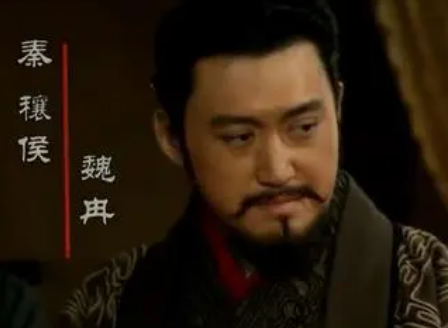In ancient Chinese history, funeral culture has always been an important part of people's lives. It not only embodies respect and remembrance for the deceased, but also reflects the customs and values of society at that time. However, for individuals, frequently participating in or holding funerals is not a pleasant affair. Today, we will explore an interesting topic: why do some people always hold funerals for themselves? Taking Hongzhou as an example, this article aims to provide insights into the reasons and impacts behind this phenomenon.

I. Introduction to Hongzhou's Background
Hongzhou, also known as Shuye, was a renowned scholar in the late Eastern Han Dynasty. He was born into a family of officials and received a good education from a young age. However, due to various reasons, his official career was not smooth, and his life was full of hardships. One peculiar phenomenon in his life is that he always held funerals for himself. Why is this the case?
II. The Intersection of Funeral Culture and Personal Destiny
1. The influence of traditional concepts: In ancient China, people generally believed that death was a continuation of life, and thus attached great importance to funerals. For scholars, holding a dignified funeral was not only a respect for life but also an affirmation of their social status.
2. The embodiment of personal destiny: For Hongzhou, his life was filled with twists and turns. He had suffered repeated suppression and exclusion from the officialdom, even facing life-threatening situations. In such a situation, holding a funeral for himself might be a mockery and rebellion against his fate.
III. The Significance of Hongzhou Holding Funerals for Himself
1. Self-comfort: In difficulties, Hongzhou sought solace in his heart by holding funerals for himself. This unique approach enabled him to maintain an optimistic mindset in the face of setbacks and continue moving forward.
2. Social satire: Hongzhou's actions were not only a reflection on his personal destiny but also a satire on social phenomena. Through his funerals, he revealed the darkness and corruption of the officialdom at that time, sparking people's reflection on reality.
IV. Conclusion
In summary, Hongzhou's practice of always holding funerals for himself was due to the combined effect of traditional concepts and personal destiny. This phenomenon not only reflects the characteristics of funeral culture at that time but also showcases Hongzhou's unique outlook on life and values. Through exploring this topic, we can gain a deeper understanding of the customs and habits of ancient society as well as people's attitudes towards life. At the same time, we should also recognize that in modern society, we should cherish life more, face difficulties positively, and create our own brilliant lives.
Disclaimer: The above content is sourced from the internet and the copyright belongs to the original author. If there is any infringement of your original copyright, please inform us and we will delete the relevant content as soon as possible.































